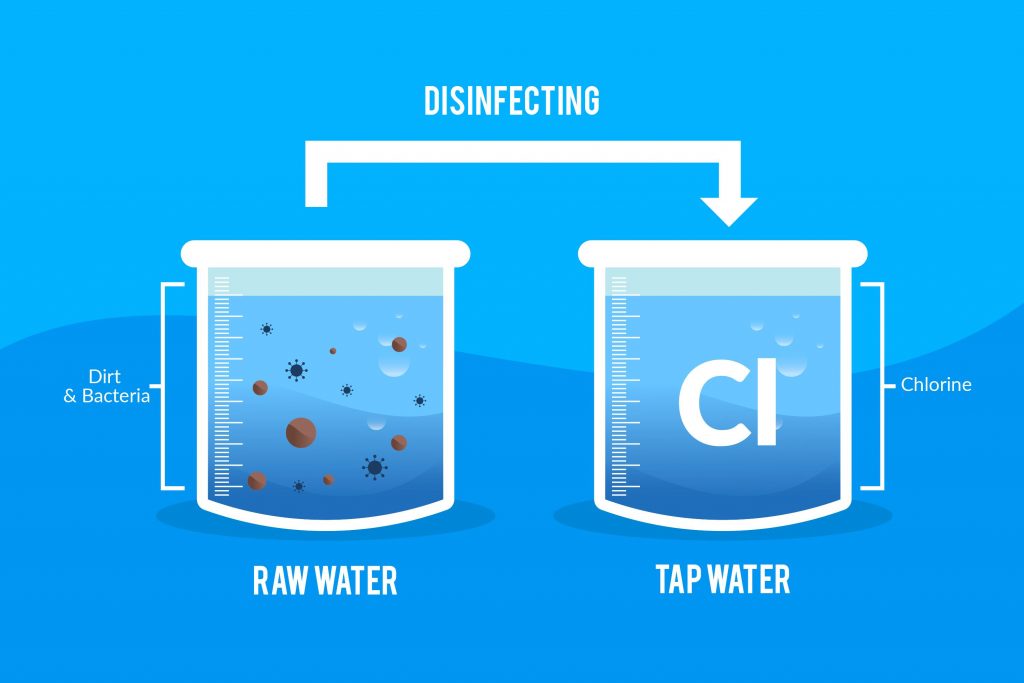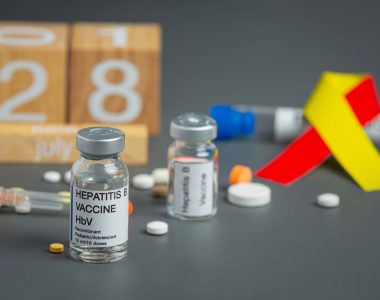
Cholera, identified by the World Health Organisation (WHO) as Vibrio cholerae strains has continued to pose threats to the wellbeing of many people across the globe since first outbreak from a reservoir in the Ganges delta, India.
With millions of people dead across the world, WHO activated its prevention and control programme with 2030 in view.
Howbeit, despite increased awareness on its causes and preventions, cholera remains an infectious disease which spreads to more people than experts would expect.
Hence, regardless of its awareness (within a class of people) its likelihood to surface in any environment as a result of contact with carriers and consumption of contaminated edibles is high, yet, preventable.
Also read:
- WHO Raises Alarm On Neglected Skin Diseases In 2022.
- Lassa Fever In Nigeria: 4,820 Suspected Cases, Death Cases Rise.
- Nigeria Records First Monkeypox Death In 2022.

NCDC tips citizens on preventions, control
The Nigeria Centre for Disease Control, NCDC, in its week 27-30 epidemiological cholera situation report dated 4th July-31st July 2022, recorded 10 deaths in the last week of the month alone out of the total 175 reported cases, pitching fatality rate of the disease at 5.7% in a country where death rate is pegged at 11.9 per 1,000 people as of 2018.
However, in an effort to curb the spread of the epidemic, citizens have been advised that:
- Fruits and vegetables be washed with clean, running water.
- Fruits be peeled before consumption.
- Foods & water be kept in properly covered containers.
- Only water from reliable sources be consumed.
These preventive measures, notwithstanding, citizens should patronise certified practitioners only for treatments.



